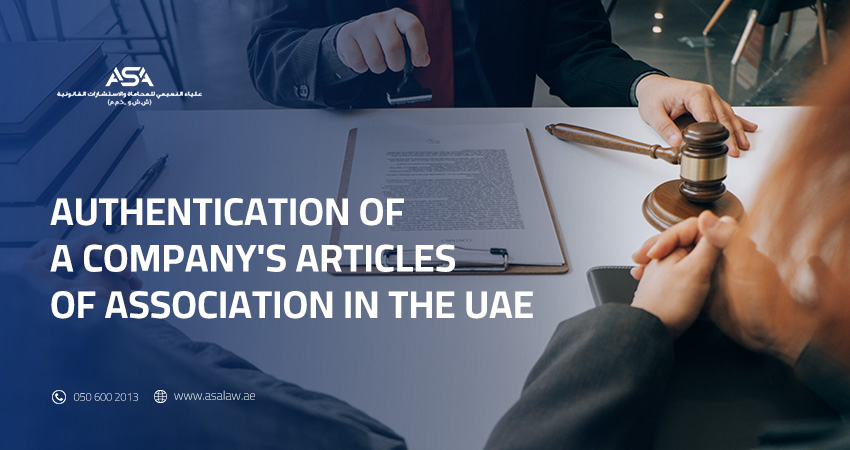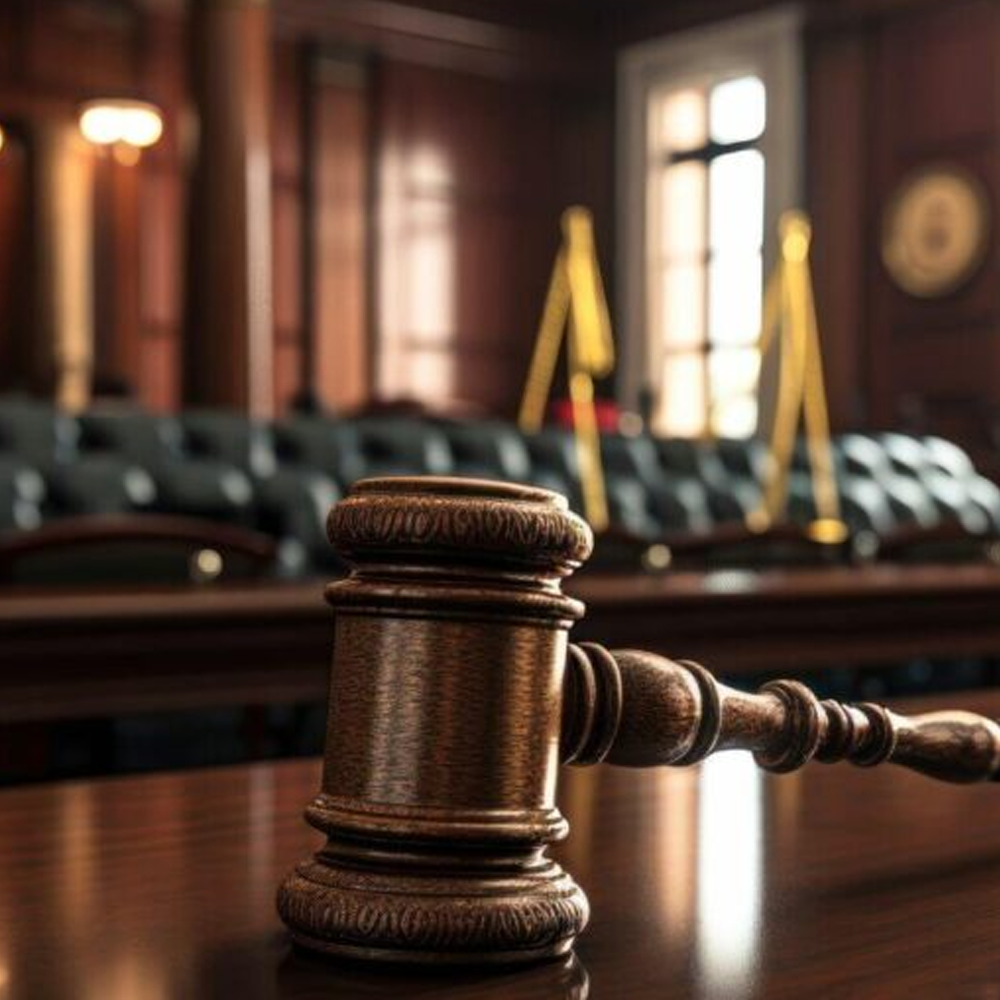The Scope of the Court of Appeal’s Authority to Modify Judgments During In-Chambers Review – Commentary on Abu Dhabi Court of Cassation Ruling in Appeal No. 231 of 2023 (Civil – For the Benefit of Law)
On December 27, 2023, the Abu Dhabi Court of Cassation issued a significant ruling in Appeal No. 231 of 2023 (Civil – For the Benefit of Law), filed by the Federal Public Prosecutor. The ruling clarified a critical judicial principle regarding the limits of the Court of Appeal’s authority to amend or overturn judgments while reviewing appeals in chambers.
The court held that the appellate court’s power to consider appeals in chambers is strictly limited to the four cases enumerated in Article 176(3) of the UAE Civil Procedures Law, namely:
- Dismissal of the appeal for being inadmissible.
- Rejection due to procedural defects.
- Dismissal due to lapse of the right to appeal.
- Upholding the original judgment.
Any deviation from these limited cases—particularly where the appellate court seeks to amend or reverse the lower court’s ruling—requires a public hearing (pleading session), proper notification of the parties, and an opportunity for both sides to present their evidence and arguments. Failing to follow this procedure invalidates the judgment for lack of proper adversarial proceedings.
Accordingly, the Court of Cassation overturned the appellate court’s ruling which had annulled the trial judgment and dismissed the case without convening a public hearing. The Cassation Court ruled that such a judgment, issued outside the strictly defined exceptions and without proper procedural safeguards, violates public order and is null and void.
The court emphasized that adversarial proceedings are not deemed to commence merely by filing a memorandum. Legal notice and an opportunity for hearing are mandatory, and issuing a judgment in the absence of these violates the fundamental right to defense.
Furthermore, the court interpreted Article 176 to mean that an appeal for the benefit of law not only serves the interest of legal consistency but also the legal interests of the litigants, particularly when incorrect judgments adversely affect their rights. Consequently, upon annulling the appealed ruling, the case must be referred to a different appellate panel for reconsideration in accordance with the proper procedural framework.
Frequently Asked Questions (FAQs)
- What is meant by “in-chambers” review of an appeal?
An in-chambers review refers to a session held without the presence of litigants, used to determine procedural or preliminary matters—not substantive issues—unless expressly permitted by law. - Can the Court of Appeal amend a judgment during in-chambers review?
No. The court must hold a public hearing with the parties duly notified if it intends to issue a ruling different from the appealed judgment. - What is the legal effect of a judgment issued outside the permitted cases in chambers?
Such a judgment is considered null and void due to its violation of procedural public order principles. It may be challenged directly before the Court of Cassation, and the court may even raise the issue sua sponte. - What is the significance of this ruling in UAE judicial practice?
This decision reinforces procedural integrity and legal certainty, clarifying the boundaries between formal procedural review and substantive adjudication in appeals.






